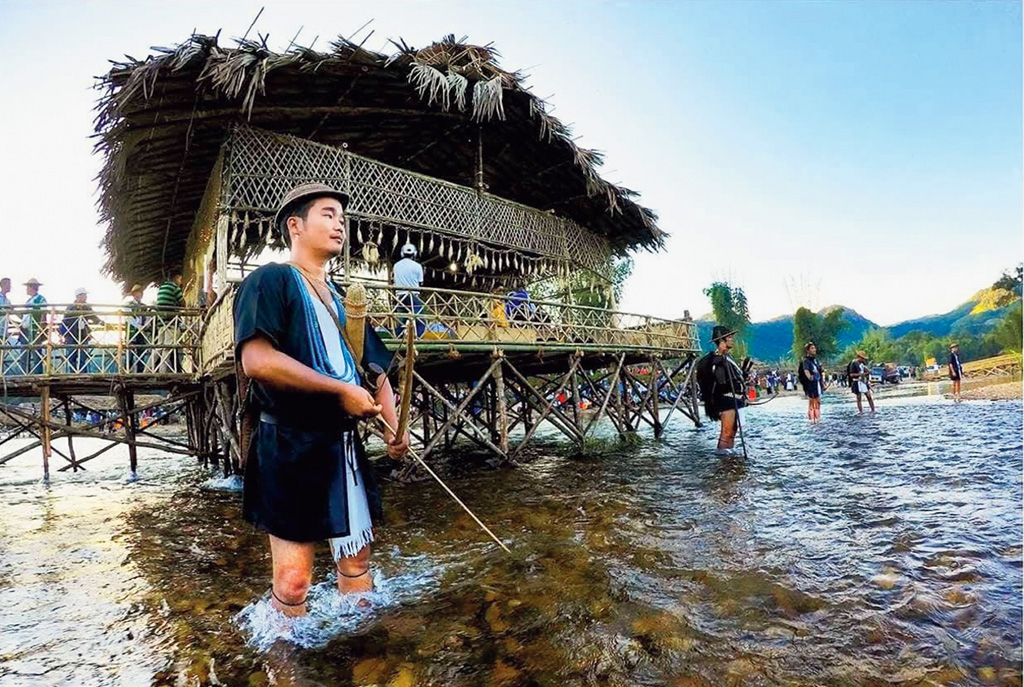Drink a cup of organic tea and plant a tree in the lap of nature at Basar in Arunachal Pradesh.
For three days from November 19, visitors can witness a confluence of folk art, shaman culture and music at Basar Confluence.
“There will be a Tea for Tree stall. You can buy a cup of organic tea for Rs 100. We will plant a tree in your name and send pictures and its geographical coordinates to you by mail or SMS,” Doni Riba, publicity in-charge of Basar Confluence, told The Telegraph. “The idea is to encourage people to plant trees,” he said.
Arunachal Pradesh gardens produce some fine teas and are fetching good prices.
Basar, located at the confluence of the Hie and the Hibum rivers, is in Lepa Rada district. It is 90km from Silapathar in Assam from where visitors can take Tata Sumos. Basar is encircled by hamlets like Bam, Sago, Pagi, Nyigam, Ego-Yamin and others.
Basar Confluence, in its third year, is organised by Gumin Rego Kilaju, a society working for the people of Basar and adjoining areas. The society is involved in conservation, cleaning rivers, banning hunting, football academy, planting counselling and guidance for students, among others.
“In addition to showcasing myriad cultures of different communities, performances by musicians such as Barmer Boys, Fiddler’s, Omak Komut Collective and Nikom Riba will add to the flavour,” he said.
“The Basar Confluence is also an opportunity to put on a villager’s hat and follow through,” Riba said.
Visitors can try harvesting paddy or try their hand at textile weaving.
There is an artist residency where a handful of artists spends a month with the villagers and come up with pro-jects inspired by them. “The-se artists come from all over the country and they will exhibit their work during the festival days,” Riba said.
Other activities include a live museum, cycling for nature, treks and nature trails, among others. The itinerary also includes birding on November 17 and 18.
Riba said Basar Confluence is also an attempt to further improve tourism. “Contributions for the event come from locals and the state government,” he said.

